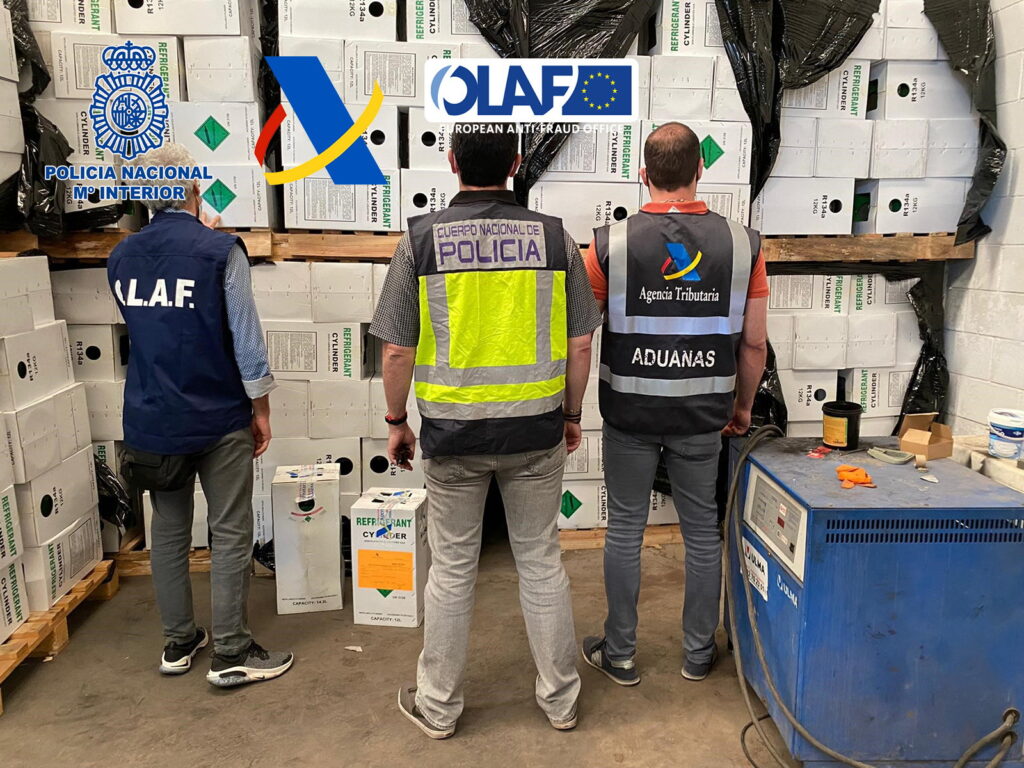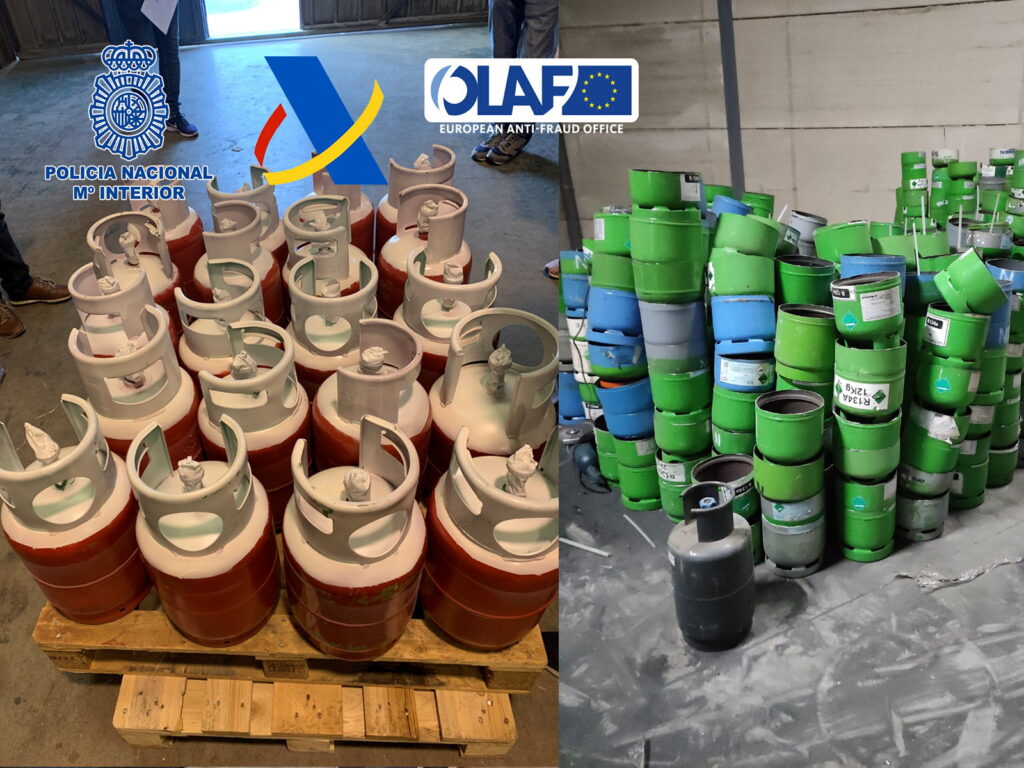Illegal HFC trade underpinned by corruption
- PostedPublished 10 December 2021
New EIA report reveals major HFC smuggling routes and rampant bribery
The Environmental Investigation Agency (EIA) has published a damning report that reveals Romania to be a major illegal entry point for unreported hydrofluorocarbon (HFC) refrigerants.
Its new publication, called Europe’s Most Chilling Crime – The illegal trade in HFC refrigerant gases, is yet another in the EIA’s series of extensive investigative studies into the state of the illegal refrigerant trade in Europe. Reportedly, its black market is equivalent to 20-30 per cent of the legal trade, meaning that illegal HFCs with a CO2 equivalent of up to 30 million tonnes are entering the EU each year.
The report details how that undercover investigation revealed two key smuggling routes into Romania: one directly from neighbour Ukraine, the other from Turkey via Bulgaria. According to the EIA, systematic corruption is facilitating the imports of large amounts of illegal HFCs, with unscrupulous customs officers letting refrigerant cylinders slip by for €20-€30 ($A30-$A50) apiece.
Disconcertingly, the EIA also reports a rise in the illegal circulation of R404A, which is among the refrigerants being rapidly phased out due to its environmental impact; R404A, which is often used in low- and medium-temperature refrigeration applications, has a global warming potential (GWP) of 3260 – almost 2.4 times that of more environmentally friendly replacements such as R448A

During their research, EIA investigators were reportedly offered 17.5 tonnes of illegal HFCs, equivalent to 31,255 tonnes of CO2 emissions. The ease with which the inspectors could also find and communicate with illegal traders also raised a red flag, as it hints at the large scale and unchecked nature of the illegal market; some sellers were simply offering HFCs, in banned disposable cylinders, on online outlets.
There are other ramifications to the illegal trade; during its research, EIA said that it met with George Dica, the director of an online refrigerant company called Eurotek Chemical, who offered to supply disposable cylinders of R134a, R404A and the banned ozone-depleting R22.
Dica, aside from detailing how to subvert F-gas regulations and the transit systems, explained that he had previously wanted to recover refrigerants for reuse – a process that helps ensure HFCs remain available as production of virgin HFCs slows and the phasedown progresses. However, he stated that the wide availability of illegal HFCs meant that there was simply no market for reclaimed refrigerants.
The EIA’s report, which is available to read online, documents countless facets of the illegal HFC trade in Romania, from repackaging through to routes and transport methods used. And yet, despite contacting all the relevant organisations before the publication of the report, Romanian authorities have seemingly not acted on any of the matters raised.
Fionnuala Walravens, the EIA’s senior climate campaigner, said: “In the midst of a global climate crisis and with the potential climate impact of this illegal trade amounting to the greenhouse gas emissions of more than 6.5 million cars being driven for a year, the lack of response from enforcement authorities in the EU and, especially, Romania smacks of alarming complacency.
“We have the tools needed to tackle this crime – namely, coordinated intelligence-led enforcement, higher penalties and better monitoring of HFCs entering and transiting through Europe – but they need to be taken out of the box to be at all effective.”

The European Flurocarbons Technical Committee (EFCTC) has similarly called for enhanced regulation, penalties and data sharing to help combat illegally imported HFCs, in part to avoid companies inadvertently purchasing illegal HFCS – and the European Commission has since detailed several ways it intends to improve F-gas regulation, such as the introduction of minimum penalties and transit restrictions.
Not all of the news out of the EU is bad, though; the European Anti-Fraud Office (OLAF) and Spanish authorities recently seized 27 tonnes of illegal refrigerant, mostly R134a and reported to have a market value of €250,000 ($400,000), and arrested five people involved in their distribution.
Greek customs officials also secured 17.2 tonnes of smuggled refrigerant in July, according to a story published on specialist outlet Cooling Post. Reportedly, the haul consisted of 1352 illegal disposable cylinders, with refrigerants including R134a and R1234yf.
Elsewhere, other recently impounded shipments include 50kg of undeclared cylinders in Bulgaria, on their way in from Turkey, and 20 cylinders of R22 in China.
Australia is not exempt from improper refrigeration-related activities, either; according to a government media release, a joint operation by the Department of Agriculture, Water and the Environment (DAWE) and Australian Border Force (ABF) resulted in the seizure of more than $200,000 of refrigeration equipment imported without the proper licence.
“Importers are reminded to ensure they have the correct import licences in place before attempting to bring these items into the country,” said the release. “Without the correct licenses it can be a costly mistake for importers.”
- CategoriesIn SightGlass
- TagsSightglass News Issue 25

